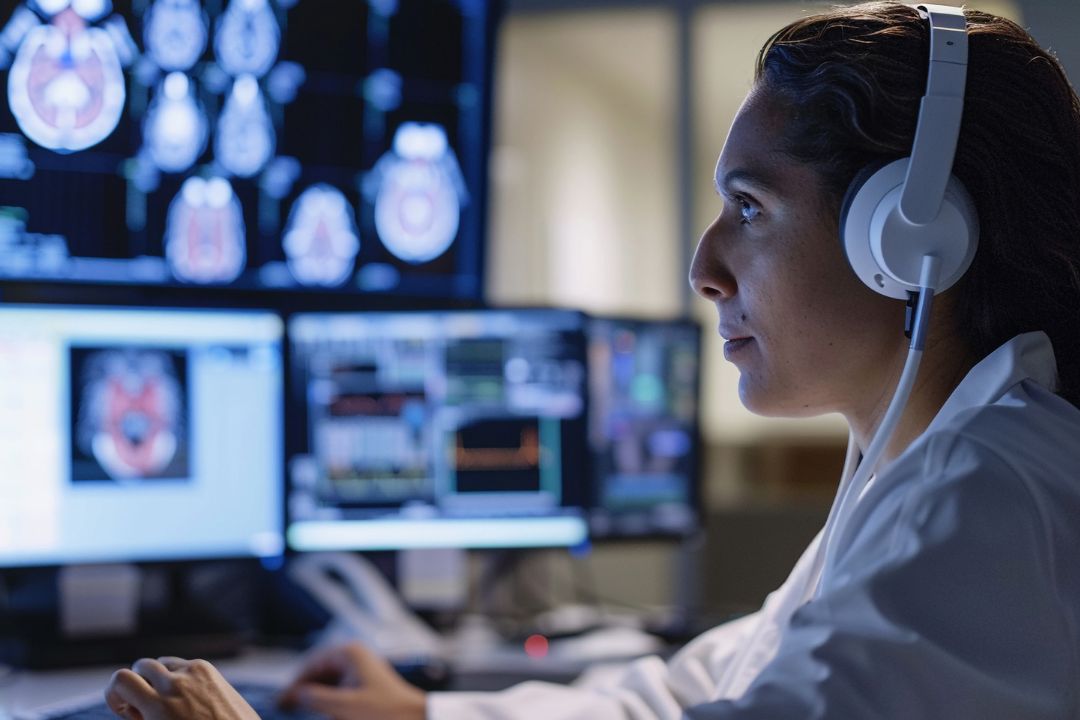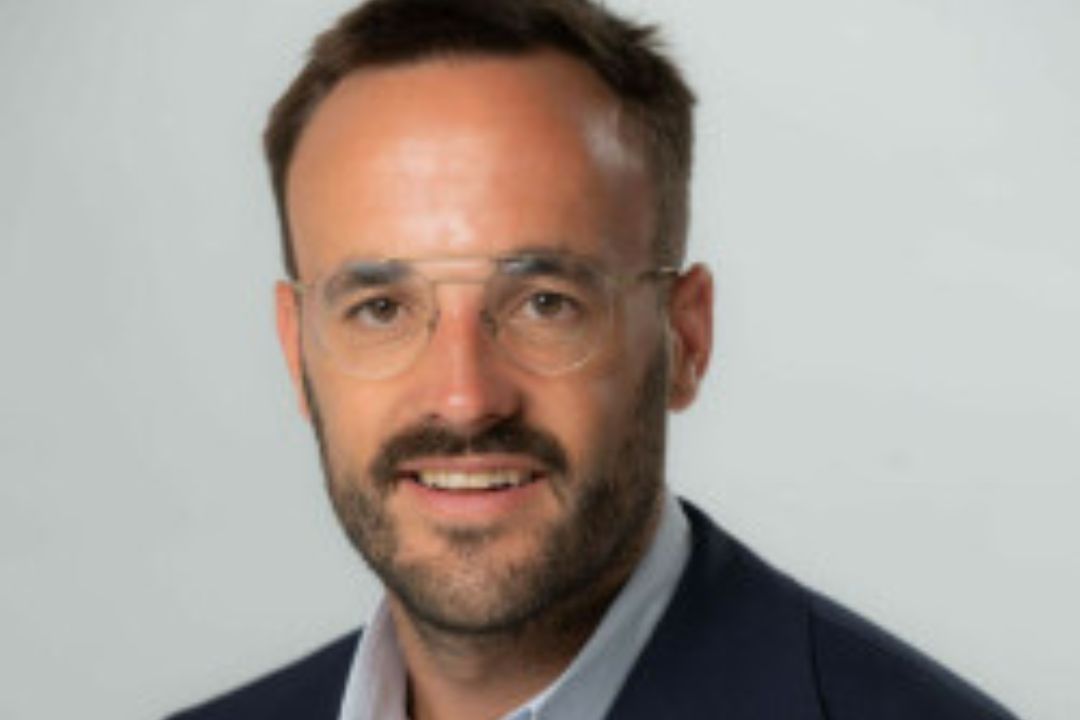8th September 2023
We are excited to announce that thirty promising start-ups will go through the EIT Health Catapult 2023-24 semifinals. Each year, the competition showcases Europe’s most promising life science and healthtech start-ups to leading experts and investors.
The Catapult programme has supported over 300 companies in the seven editions so far. Many of these companies have closed investment rounds of millions of euros after participating. For example, the 2019 catapult winner, SparingVision, raised €119.5 million to accelerate the development of their breakthrough treatment tackling chronic ocular diseases. This funding round was closed less than three years after winning the biotech category.
Six Catapult alumni have celebrated major acquisitions shortly after having participated in the programme. These include the 2020 third-place winner in the digital health category, Patchai, which was acquired by US-based Alira Health, and the 2021 semifinalist OmicEra, which was acquired by Exact Sciences.
Nineteen Catapult alumni have also received the prestigious European Innovation Council funding so far. Read more about these alumni from 2021 and 2022.
We look forward to seeing similar success stories from the recently announced winners at Bits & Pretzels HealthTech. Read more about the previous winners.
How were the Catapult 8th edition semifinalists selected?
Each of the thirty start-ups selected to progress to the semifinals in the 2023-24 competition has passed a comprehensive preselection process in their region and per category. They will now receive high-quality training from experienced entrepreneurs, investors, and experts in the field. This mentorship is tailored to each start-up’s individual needs to strengthen and optimise their business plans and pitches.
What happens at the semifinals?
During the semifinals, start-ups from both categories (ten from life sciences and twenty from healthtech) will present their solutions to a public audience of healthcare professionals, industry experts, investors and more.
The top nine start-ups (three from life sciences and six from healthtech) will be selected and invited to pitch during the finals at Bits & Pretzels HealthTech in Munich on 5-6 June 2024.
They will go head-to-head for their share of the €60,000 cash prize as well as for the Catapult industry in-kind prizes worth over €800,000 awarded by Amazon Web Services (AWS), eg technology, Lusíadas Saúde, McDermott Will and Emery, and Merck. They will also compete for the “Alex Casta Audience Award” and the chance for their logo to be displayed on the New York Nasdaq Tower.
Meet our 30 semifinalists
Life sciences
CELEX Oncology (UK) focuses on treating aggressive, invasive and metastatic cancer forms by turning aggressive cancer into a benign state, allowing patients to live with the disease.
Celtic Biotech (Ireland) is developing novel candidate therapies for treating solid cancers and pain in humans.
G.ST Antivirals (Austria) is a clinical-stage biopharmaceutical company that is applying an innovative host cell-based strategy to develop broad-spectrum antivirals against respiratory tract infections.
Integra therapeutics (Spain) is developing new gene writing tools that help to improve the scope, efficiency and safety of advanced therapies.
Lactocore (Germany) is developing innovative medicines to address the unmet medical needs of millions of patients suffering from mental and metabolic disorders.
Orgavalue (Portugal) is aiming to eliminate the organ transplant list with their pioneering biotechnology for bioengineering fully transplantable human organs to address the mismatch in organ donation and organ shortage.
Pan Cancer T (Netherlands) is developing the next generation of T cell therapeutics for hard-to-treat solid tumours exploiting untapped tumour selective targets.
POLYGON Therapeutics (France) is a cardio-immunology biotech that is aiming to improve CVD care by targeting and regulating the immuno-inflammatory responses at work.
R-nuucell (Portugal) is developing innovative chemotherapeutics to treat the unmet medical need for the treatment of metastatic and resistant cancers.
Tezted (Finland) is developing a complete diagnostic test for tick-borne diseases that offers unprecedented accuracy and efficiency.
Healthtech
Acorai (Sweden) is developing the first handheld, non-invasive intracardiac pressure (ICP) monitor to improve workflow efficiencies and patient outcomes.
Bearcover (Germany) is developing a robotic solution for nursing homes that can see through walls, check on residents, and improve staff workloads and resident care via increased checks at night — leading to reduced resident falls.
Digistain (UK) is developing a risk profiling test for hormone receptor-positive breast cancer, providing oncologists with decision-making data in just 15 minutes.
Dymium (Germany) is a game-changing medical system for the residue-free extraction of kidney stones. Using a biocompatible suspension to magnetise kidney stone fragments, stone fragments can be extracted magnetically without leaving residues.
Exhalation Technology (UK) is providing unique technology to revolutionise respiratory health.
Feyenally (Poland) is developing the eyeTEST™ mobile app, enabling patients to self-examine their eyes’ refractive error at home using their smartphone.
Fideliomed (Italy) is developing digital and diagnostic solutions for early diagnosis and effective management of iron deficiency and anaemia in primary care, enabling doctors and pharmacists to make informed decisions at the point of care.
Five Lives (France) is developing a mobile solution for the prevention, early detection and treatment of dementia risk factors with the goal of helping ageing populations make the most of increased life expectancies and reducing healthcare costs.
SpeakTX (Estonia) is creating an online speech therapy platform that provides interactive exercises for children and adult patients, making speech therapy more accessible, effective, and engaging.
iYoni (Poland) is the first medical app for women’s reproductive health. It offers precise, AI-based fertility and cycle predictions, lab tests and treatment assessment, personalised advice from leading reproductive experts, and support on sexual wellbeing.
Look HealSee (France) is developing proprietary software with a virtual reality headset to help eyecare practitioners screen the main ocular pathologies more simply and efficiently.
Lumetry Diagnostics (Austria) is developing the first pCO2 home monitoring solution for patients who suffer from hypercapnic COPD, allowing patients to control their pCO2 status in their blood from the comfort of their homes.
Medicud (Italy) is developing Dryum, an incisional negative pressure wound therapy device tailored to reduce the risk and the insurgence of post-surgical complications. Among them, surgical site infection is the riskiest.
Nen (Spain) is developing evidence-based digital therapeutics to help kids fighting cancer, their families, and their doctors manage pain through play by leveraging gamification of cognitive behavioural therapy to modulate pain and improve a child’s overall well-being and outcomes.
neuroClues (Belgium) has the ambition to become the brain’s stethoscope by empowering clinicians with Biomarkers, allowing them to identify neurological disorders (Parkinson Disease, Alzheimer’s, or Multiple Sclerosis) Parkinson’s years before visible symptoms and provide precision medicine to their patients.
Plio Surgical (Ireland) is creating a minimally invasive implant to tackle one of the most dreaded complications of colon cancer surgery – leakage following tumour removal.
Saphenus Medical Technology (Austria) is tackling phantom pain for amputees with the feeling of prosthesis by adapting the prosthesis to the body of amputees so that they feel it on their limbs.
TRAK (Spain) is a digital rehabilitation and therapeutic exercise-based treatment monitoring software through AI for healthcare professionals, allowing the health centre to refer patients home for further rehabilitation.
Verdify (The Netherlands) is creating a secure system for personalised nutrition management that can be easily implemented in healthcare, facilitating healthcare professionals in suggesting fully tailored nutrition programmes to their patients and supporting their adherence.
Xtremedy Medical (Ireland) aims reduce the suffering of patients and speed up recovery from chronic infections. They have developed a novel surgical device that uses pulsed field ablation to target microbial contaminants in wound margins while protecting the host tissue.
We look forward to seeing how these thirty start-ups perform in the semifinals. Stay tuned to learn when the Catapult on-demand video platform showcasing the semifinalist’s pitches goes live!
Learn more about EIT Health Catapult, a programme that fast-tracks Europe’s best health start-ups.
New data shows AI innovation needs skills beyond coding

The largest live dataset of AI start-up talent analysed.
Europe's top health start-ups take centre stage: EIT Health Catapult winners are revealed at HLTH Europe

2025 Catapult programme winners announced.
Finding Europe’s next healthtech leaders: Insights from Antoine D’Hollander

Insights from Antoine D’Hollander, Capricorn Partners.